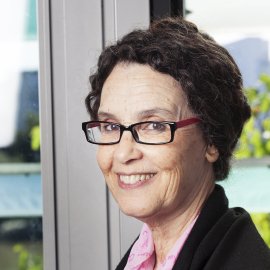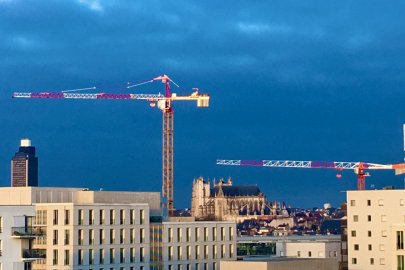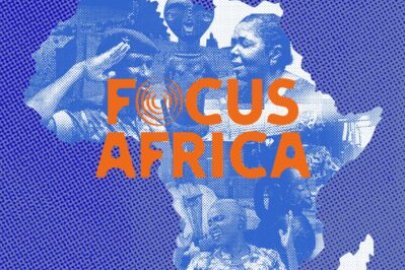A former fellow of the Nantes Institute for Advanced Study (2016–2017 cohort), Ammara Bekkouche has published a new book with ATP Éditions entitled Ecological Urbanism: Issues and Limits. An Anthology. A retired professor at the University of Science and Technology of Oran and a specialist in the relationships between architecture, urban planning, and ecological transition, she continues here a line of inquiry nourished at the crossroads of disciplines and fieldwork.
By bringing together a set of major texts and connecting them to current challenges, Ecological Urbanism: Issues and Limits offers a valuable resource for understanding contemporary urban issues. The book is intended for researchers and students alike, as well as architects, urban planners, elected officials, and engaged citizens reflecting on the transformation of our territories.

A Work that Questions the City in the Age of the Anthropocene
This book examines the various pathways that are shaping ecological urbanism today—between theoretical legacies, conceptual evolutions, and contemporary tensions linked to the Anthropocene. In her work, Ammara Bekkouche explores how contemporary urban approaches, drawing from sociology, urban ecology, and environmental studies, take the living world and planetary boundaries into account in order to rethink the city.
She revisits the major references in urban thought while questioning current models of urban governance, the imaginaries of plant life, and emerging forms of territorial creativity grounded in ecology.
A Direct Echo to the Work Led by the Institute
The publication of this book resonates strongly with the work of the Chair Living within planetary boundaries, carried by the Institute and its partners: the Urban Planning Agency of the Nantes Region, the Nantes National School of Architecture, and the company SCE–KERAN.
This chair explores ways of inhabiting a world marked by ecological crises and by the need to rethink our relationships with environments. The questions raised by Ammara Bekkouche’s book fully align with these concerns: transformations in urban planning, attention to the living world, and the reinvention of urban ways of life.





